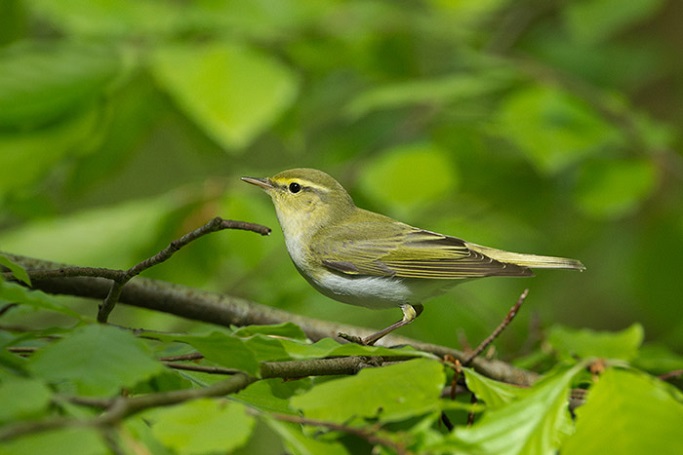11 Dec 2024

Tired Earth
By The Editorial Board

Cocaine consumption is threatening rare tropical birds as narco-traffickers move into some of the planet’s most remote forests to evade drug crackdowns, a study has warned.
Two-thirds of key forest habitats for birds in Central America are at risk of being destroyed by “narco-driven” deforestation, according to the paper, published on Wednesday in the journal Nature Sustainability.
For 40 years, US drug policy has not reduced the global scale of the illegal networks, but instead driven the traffickers deeper into forests, researchers said. There, traffickers create landing strips and roads to move shipments, as well as cattle pasture to launder money and control territory.
The lead author, Amanda Rodewald, from the Cornell Lab of Ornithology, said: “That displacement is causing them to go into forests that tend to have the greatest conservation value and are disproportionately occupied by Indigenous peoples. It is affecting the most vulnerable human and non-human populations.”
Millions of hectares of tropical forests are known to have been destroyed by narco-trafficking, with devastating impacts for people. Generally, when areas are invaded by drug gangs, Indigenous people are forced to accept payment for their land and cooperate with the logistics of trafficking.
The paper’s co-author Nicholas Magliocca, from the University of Alabama, said: “If they resist, their land is taken and violence often follows. For those that are not forcibly dispossessed of their land, the only remaining options are to cooperate or flee across international borders.”
Now, for the first time, researchers have calculated the effect that the loss of these critical habitats could have on bird populations.
They found that 67 species of migratory birds that breed in the US and winter in Central America are at increased risk.
Endangered golden-cheeked warblers are particularly threatened, with 90% of the population living in forests at risk from the narcotics trade. The paper found that 70% of golden-winged warblers and Philadelphia vireos also winter in these areas.
“We were surprised by just how high of a percentage of the global population was actually affected,” said Rodewald.
Remote sensing by satellite shows that 15-30% of annual deforestation in Nicaragua, Honduras and Guatemala can be attributed to the movement of cocaine alone, the paper says. Half of Central America’s resident and migratory bird populations have fallen since 1970 and deforestation is a key driver of that decline.
The largest remaining forests in Central America – known as the “five great forests” – are widely inhabited by Indigenous peoples and are experiencing growing levels of cocaine trafficking. Cartels are also looking for ways to launder money into the legal economy; buying forest and using it for cattle ranching is one of the main ways they do this.
Magliocca said: “US drug policy in Central America focuses on the supply side of the equation, and law-enforcement pressure plays a significant role in the movement of trafficking routes and locations of narco-deforestation.
“After 40 years, that approach has not worked. In fact, cocaine trafficking has only expanded and become a worldwide network,” he said. “You have to do more than reactively chase after the drug traffickers, who have nearly unlimited money and power in the region.”
The study looked solely at drug trafficking, as opposed to drug cultivation. It looked at impacts in all countries in Central America except Belize, because the data was lacking.
The researchers said creating jobs and opportunities for local communities, as well as resolving unclear land tenure, and improving monitoring and protection of forests, would help tackle the problem. This would mean that if traffickers, or criminal activity, moved into an area, there would be greater economic resilience within the community.
The researchers said in the paper: “Enhancing the ability of Indigenous groups and rural smallholders to reassert their territorial control and resource governance norms has been shown to be protective against narco-trafficking and other environmental crimes, such as illegal logging or wildlife poaching.”
Source : The Guardian
Comment